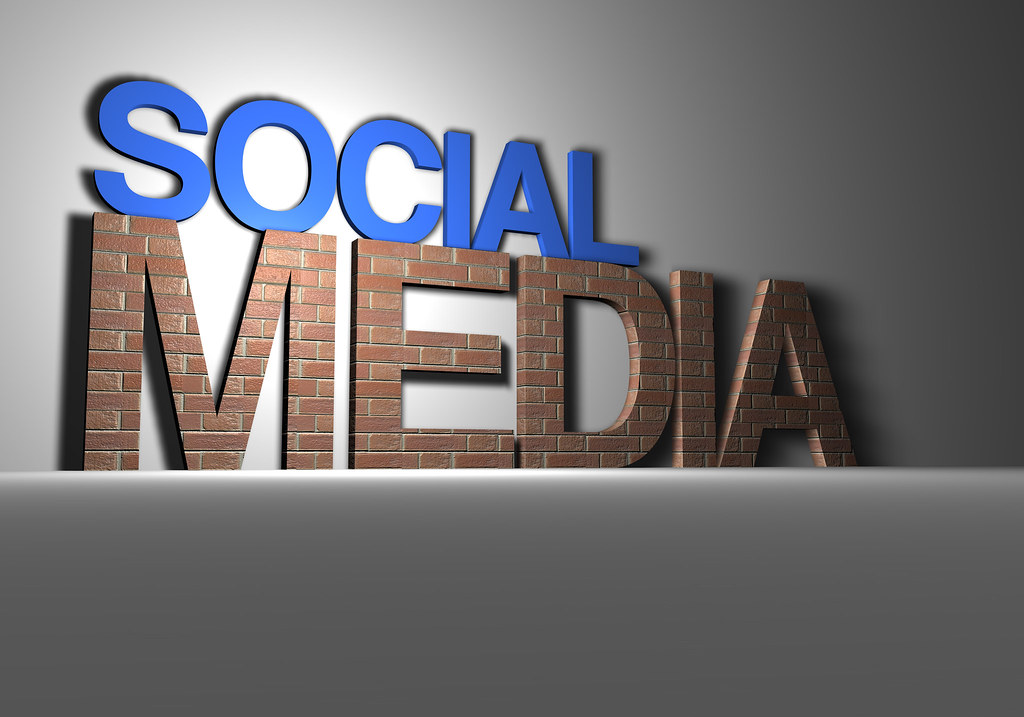
My life is good: I live in a peaceful country that hasn’t fought a major war since 1945, and I don’t own a Tik Tok account. However, that era of peace will probably end in my lifetime, and I do watch Instagram reels.
But I have, in the past, stumbled across amateur videos which gave me and many others in my generation a glimpse into regions fraught with conflict, violence, and terror, particularly cartel videos. This is different to that, 15 year old me from South England was not the target audience of a cartel beheading video, made to strike terror into a particular region of Latin America. No, Liveleak videos were just that, “leaks”. They were uploaded by third parties who had gotten ahold of them. Not only that, but this genre of video was always very separate from the rest of social media.
But there’s now a very new and unique genre than just straight shock-factor gore. In the new world, where conscripts carry guns and phones, we’re seeing war-influencers. Not leaks uploaded by third parties, or British Pathe newsreel, but the individual soldiers are live broadcasting, editing and filming the wars personally. People are calling them ”war crimes influencers” (whether this is ironically or unironically, depends on who you ask).
Just the morning I saw a comedic skit where an IDF soldier was speaking outside of a town when someone else walked over and pressed a detonator, half the town was instantly levelled by explosives prompting the first soldier to shrug like a sitcom character to the camera! This was uploaded to Tik Tok for the whole world to see. Russia’s Wagner Group has their own theme song (Summer and Crossbows) which was used over such videos as two members dancing as they dug a trench in Ukraine.
Such content was perhaps inevitable as a further impact of social media in the world; social media has given essentially everyone the opportunity to become famous as all you need to start, say, a Youtube channel, is an investment of not much more than £100 at most. It has meant that anyone can display a talent such as art or music to a wider audience than would’ve ever been possible prior to social media. In many ways, it’s liberalised the industry for talent, for lack of a better term, and I think social media is overall a good thing for this reason. But social media is reflective of what is happening in society, it reflects what’s happening outside of it, so what’s happening in Israel-Palestine, in Russia-Ukraine, is now being posted about on Tik Tok, and it’s both a fascinating and terrifying look into this sort of alternate reality where we’re at war here in the UK.
These videos are also in a different genre to ones in which the uploader is calling for help and aid, denouncing atrocity, because war crime influencers glorify it. This is interesting because it’s a look into the future of war propaganda. Just as the talent industry has been liberalised by social media, so has the propaganda industry now been put into the hands and pockets of the people. Indeed, a report by UK media regulator Ofcom stated a third of all teens get their news primarily from social media rather than through the traditional means. Interestingly, the report also showed that most don’t trust it as a reliable source of information, but nonetheless the obviously high usage and reliance on social media in Gen Z and Alpha point towards this being a huge if not dominant future in entertainment, but in propaganda too, in the event of conflict.
Indeed, this phenomenon Tik Tok should be viewed for what it is: a symptom, or at least a part of the expanding digital revolution and the era of social media.
Image: The UMF, “Social Media v2”// CC by 2.0 DEED



Average Rating